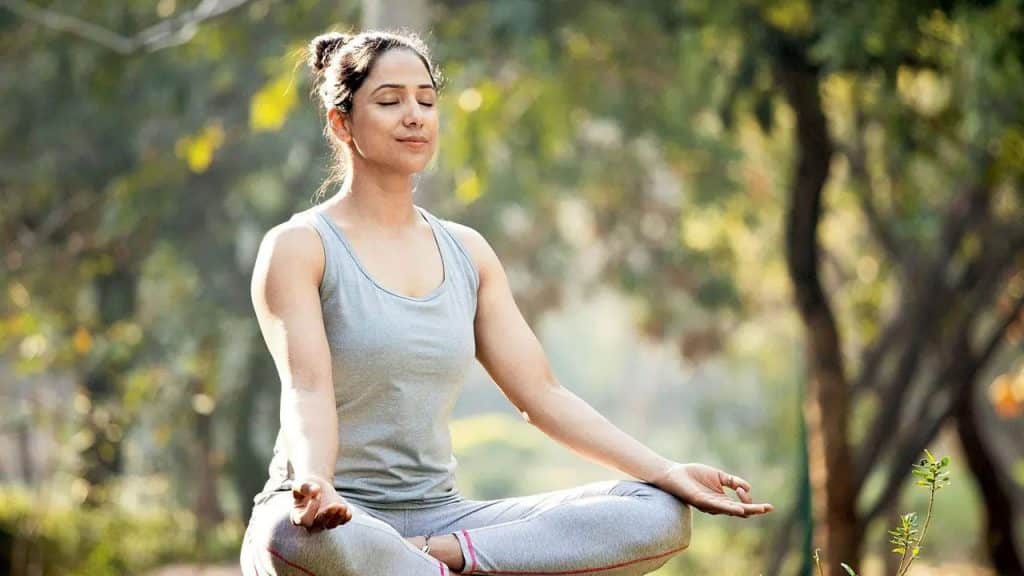Yes, yoga can improve our balance, coordination and mobility. Yes, it may make us stronger. One thing that draws people towards yoga above other forms of exercise, however, is its effect on our mental and emotional wellbeing. Now there’s evidence that it may be a way to relieve some of the stress of Alzheimer’s (https://longevity.technology/lifestyle/elevating-mental-agility-how-yoga-empowers-older-women-to-defend-against-alzheimers/).
Alzheimer’s is one of the most devastating diseases of old age. It’s a neurodegenerative condition, meaning the brain deteriorates over time. There’s no cure, so symptoms just get progressively worse. This may include problems with memory, language and cognition, as well as significant behavioral changes. Understandably, this is a stressful experience that is also associated with severe mood swings.
Yoga isn’t just an exercise but a form of meditation originating in Hindu religious practices. Its aims are mental and spiritual as well as physical. There are many different forms, but the gentle movements and slow pace make it popular for older people with mobility problems. It is easy to modify movements to suit individual ability, which can feel empowering for those who struggle with other forms of exercise. There is even chair yoga for those who cannot stand.
There is no cure for Alzheimer’s, but with proper management, its progression can be slowed and quality of life can be improved. Exercise is part of this, and yoga does provide gentle but effective physical movement, which may improve the flow of blood and oxygen to the brain. It’s also a form of mindfulness, allowing you to better connect to and understand your own thoughts and feelings, possibly even when they are clouded by Alzheimer’s. Hopefully this will help you achieve a state of calm.
Research suggests that aspects of kundalini yoga in particular, such as breath control, mental visualizations and the performance of mantras, have a positive impact on the brain’s connectivity that’s even visible on MRI scans. Specifically, the area of the brain affected is associated with memory loss and tends to be particularly negatively impacted by stress. The results were favorable even compared to the memory-strengthening effects of memory enhancement training (MET).
When it comes to effective interventions for older people in the early stages of Alzheimer’s, especially those who are also physically frail, yoga shows promise as a way to reduce stress and boost memory, although there’s still a lot of research to do.




